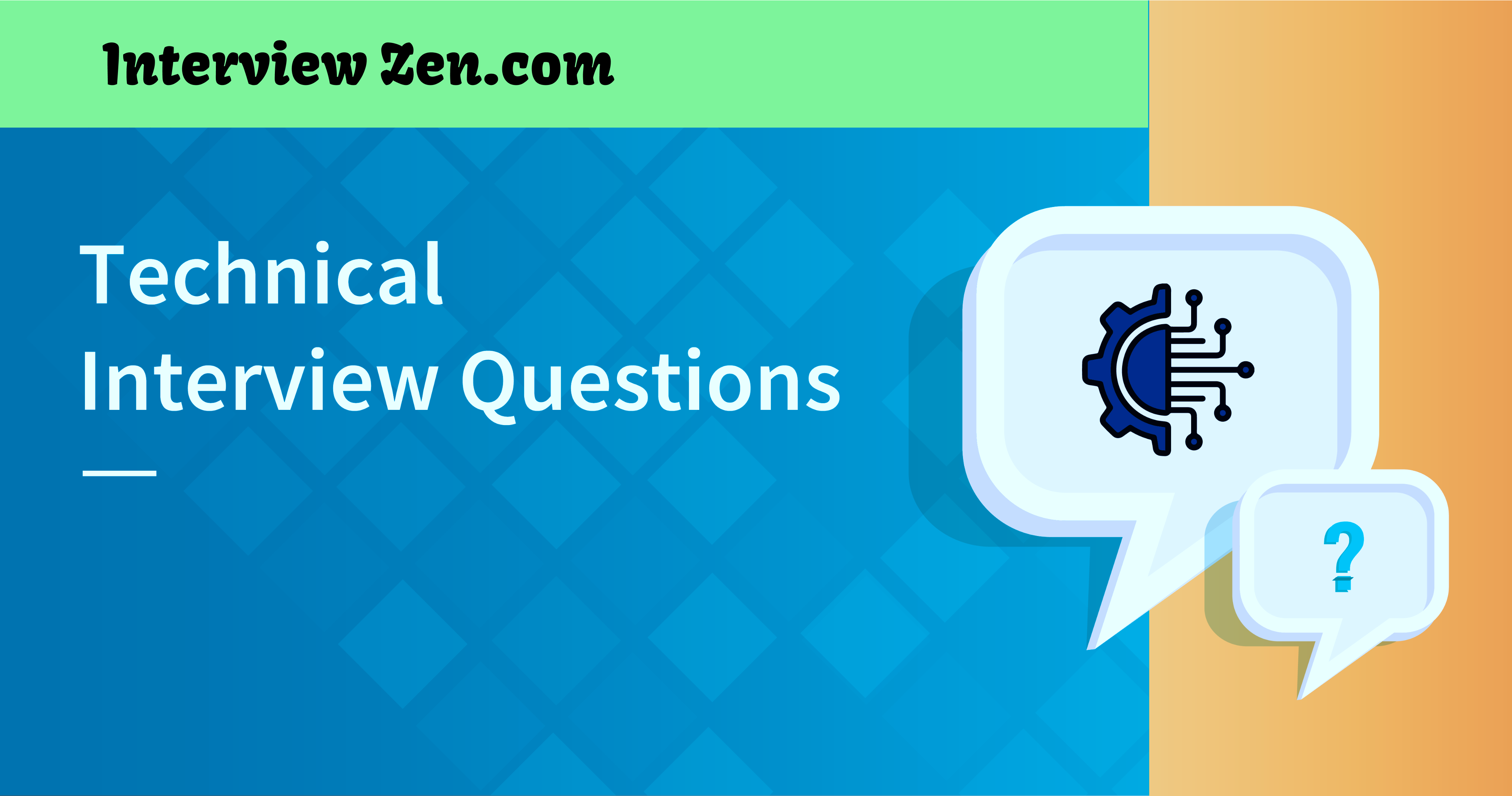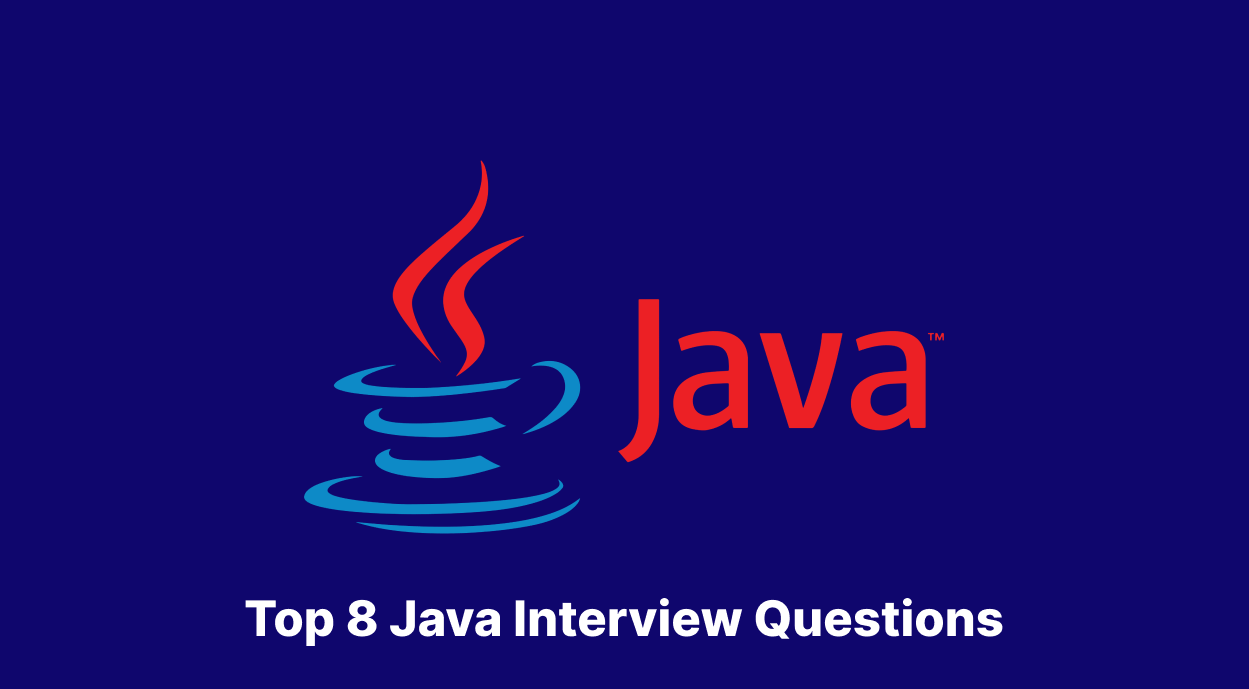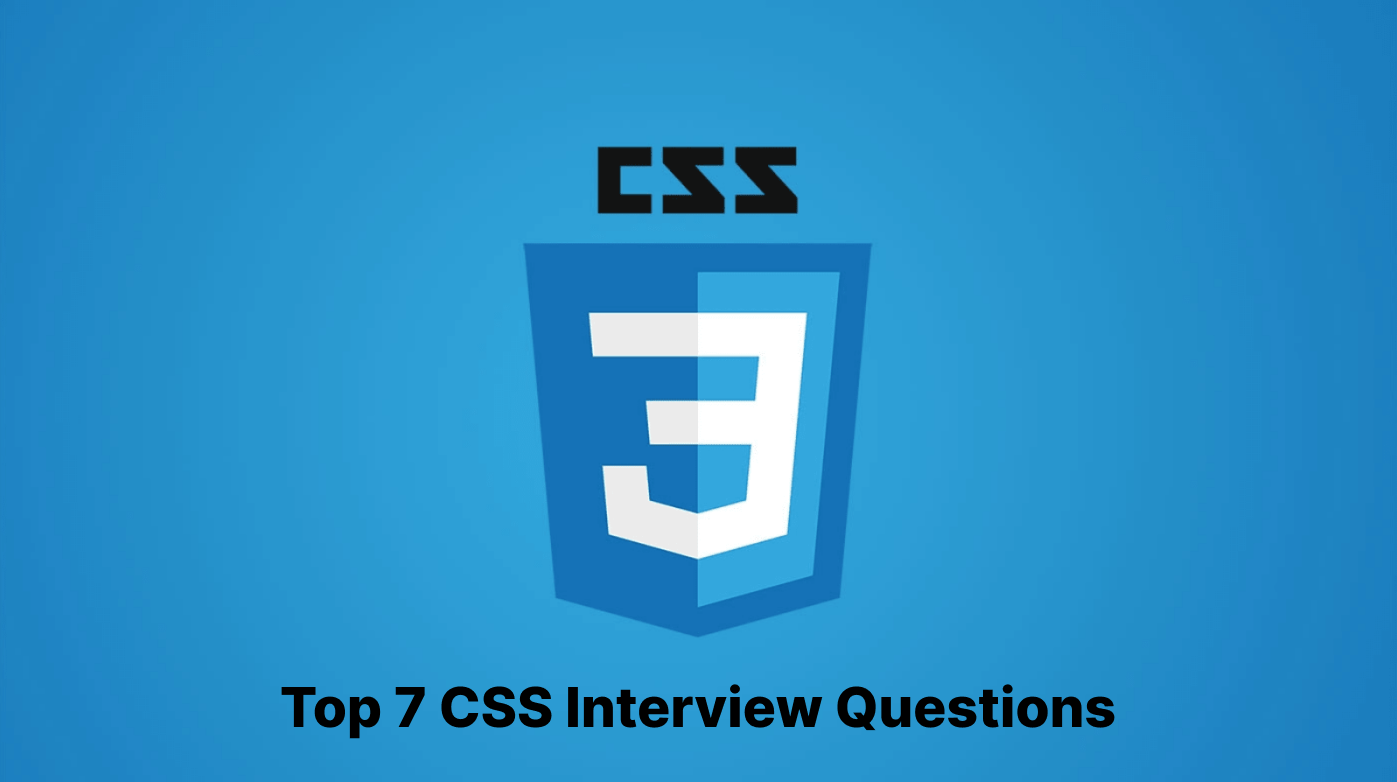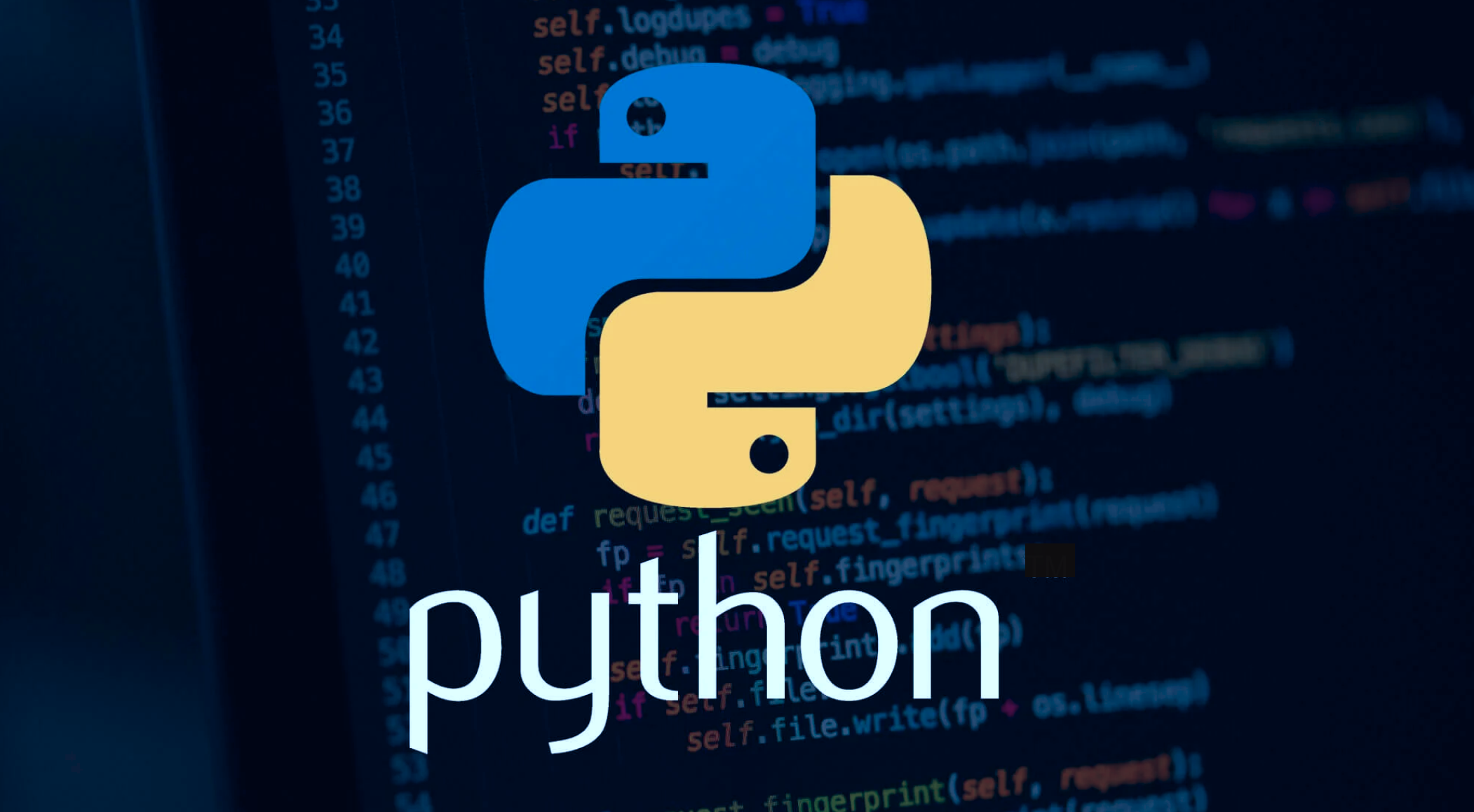Introduction
The process of hiring a skilled software developer greatly depends on the effectiveness of the technical interview. With the rise of remote work and the competition for top talent, the importance of online technical assessments has grown exponentially. In fact, millions of whiteboard interviews are conducted annually, underscoring the importance of a thorough and insightful assessment process.
Platforms like Interview Zen provide a platform tailored for software developer interviews, ensuring that interview technical questions are relevant, engaging, and practical.
In this article, we will explain how to write technical interview questions for software developers and the broader aspects of conducting a successful software developer interview.
Purpose of Technical Questions in Software Developer Interviews
Whiteboard tests have been around since the 1990s and are still favored by a number of companies, including Amazon, Microsoft, Google, and IBM. While assessing a software developer’s skills and problem-solving capabilities, these tests also offer insights that might take time to be apparent.
Technical interviews assess a software developer’s skills and problem-solving capabilities, what often goes unnoticed is the intricate balance and deeper insights these interviews aim to achieve. Today’s technical interviews are not just about gauging a candidate’s coding proficiency, but they also:
Highlight Problem-solving Techniques
Beyond the right answer, interviewers keenly observe the path a candidate takes to reach a solution. This journey sheds light on their analytical thinking, persistence, and innovative mindset.
Assess Forward Thinking
Technical interviews often incorporate questions or scenarios that prompt candidates to think ahead, predicting future challenges or trends and how they might adapt to or leverage them.
Skills and Knowledge Evaluation
At their core, technical interviews still assess a candidate’s proficiency in specific programming languages and understanding of algorithms. But it’s not just about the hard skills; it’s about understanding the depth and breadth of their knowledge in real-time scenarios.
Determining Practical Coding Skills
While understanding theoretical concepts provides a foundation, true coding ability is showcased when these theories are implemented. A meaningful software developer interview goes beyond just asking about concepts and dives deep into the application.
Here’s why:
- Real-World Application: A candidate might know every page of a programming book, but the true test is how they apply this knowledge when faced with a real-world problem. Can they produce a working solution, not just a theoretical one?
- Quality Over Quantity: It’s not about how much code is written but how effective and clean it is. Clean, maintainable code demonstrates a candidate’s commitment to quality and foresight in thinking of future code modifications or collaborations.
- Adaptability to New Tools: The tech landscape is ever-evolving. While foundational knowledge remains crucial, a developer’s ability to quickly adapt to new languages, frameworks, or tools can be a testament to their passion for learning and their agility in a fast-paced environment.
- Efficiency and Problem Solving: By presenting coding challenges specific to the job role, hiring managers can discern the candidate’s knowledge and efficiency. Do they choose the most efficient algorithms? Can they debug their code effectively?
Assessing the Candidate’s Ability to Solve Real-World Problems
While coding ability is a foundational skill for software developers, the essence of their role often lies in problem-solving.
Here’s how a solution-centric approach in interviews can be more revealing:
- Real-World Relevance: By posing questions that mirror actual challenges faced in software development, you’re gauging the candidate’s readiness to transition from theoretical knowledge to practical application.
- Flexibility and Adaptability: When presented with a complex scenario, does the candidate stick to a single approach, or are they willing to pivot when necessary? This adaptability can be crucial in dynamic project environments.
- Holistic Evaluation: Beyond the code, assess the candidate’s approach to documentation, testing, and even collaboration. How they communicate their thought process or how they might work in a team setting can be as revealing as the solution itself.
- Solution Efficiency: While multiple solutions might solve the problem, the best ones will be efficient in terms of time and resources. Does the candidate prioritize efficiency, or do they tend towards convoluted solutions?
- Feedback Loop: Allow candidates to receive feedback on their solution and iterate upon it. This not only tests their receptivity to feedback but also their commitment to continuous improvement.
Evaluating the Efficiency and Accuracy of the Code Written
Here are some strategies to effectively evaluate a candidate’s code:
- Performance Testing: Implement test cases with varying data sizes and significantly larger datasets to see how the candidate’s solution scales. Optimal solutions should handle big data inputs without significant slowdowns.
- Code Review: Inspect the code for common red flags: repetitive code, hard-coded values, or lack of modularity. Best practices dictate modular, reusable, and maintainable code.
- Error Handling: Does the candidate’s code account for potential errors? Test the code with unexpected inputs and edge cases to assess robustness.
- Optimization: Ask the candidate to refactor their solution. It tests their knowledge of optimization techniques and their ability to improve their initial solution.
- Question & Answer: Have the candidate explain their code. This gives insight into their thought process, and sometimes, their verbal explanation might highlight areas they hadn’t considered while coding.
By assessing the efficiency and accuracy of the code written, hiring managers can determine not only the candidate’s coding prowess but also their attention to detail and quality standards.
Designing Real Code Technical Questions
Let’s explore how to design real code technical questions:
Types of Coding Questions: Algorithm Challenges, Database Queries, System Design, Debugging
Algorithm Challenges
These assess a candidate’s problem-solving abilities.
Example Question: Write a function to find the two numbers that add up to a specific target in a given array.Answer:
| function twoSum(nums, target) {
const map = {}; for (let i = 0; i < nums.length; i++) { const complement = target – nums[i]; if (map[complement] !== undefined) { return [map[complement], i]; } map[nums[i]] = i; } } |
Database Queries
These test a candidate’s knowledge of handling and retrieving data.
Example Question: Fetch the names of all users who have made a purchase above $100.
Answer:
| SELECT UserName FROM Users
JOIN Orders ON Users.UserID = Orders.UserID WHERE Orders.TotalAmount > 100; |
Debugging
Candidates are provided with a piece of code containing errors, and they must identify and rectify them.
Example Question:
| def add(num1, num2)
return num1 + num2 |
The error here is the missing colon after the def statement.
Crafting Scenario-based Questions that Mimic Real-World Tasks
When creating questions, it’s essential to simulate real-world tasks a developer might encounter. For instance, if you’re hiring for a web developer position, you might present a scenario where the candidate must build a responsive navigation bar, or for a backend role, a scenario involving API endpoint creation and data handling.
Ensuring Questions Cover Essential Skills Required for the Position
Every software development role has a unique set of required skills. For a frontend developer, you might focus on JavaScript frameworks, while a backend developer might need to showcase expertise in databases and server management. Ensure the technical questions you design thoroughly test the specific skills and knowledge areas crucial for the job role in question.
Determining the Complexity of the Coding Question
Finding the perfect balance in the level of complexity ensures a fair evaluation and a meaningful assessment experience for the candidates.
Balancing between basic, intermediate, and advanced coding tasks
When designing a technical interview question, striking a balance is crucial. Offering too simple or overly complex questions can skew the evaluation process. Basic coding tasks often test foundational knowledge, ensuring the candidate knows the very essentials.
Intermediate tasks dive deeper, gauging the applicant’s problem-solving abilities and their grip over common algorithms or data structures. Meanwhile, advanced coding tasks aim to assess a candidate’s experience, adaptability, and depth of knowledge.
Remembering that a software developer interview isn’t just about evaluating a candidate’s current knowledge is important. It offers insights into their potential and ability to learn, adapt, and grow. Therefore, designing a balanced set of fundamental to advanced questions provides a comprehensive view of the candidate’s abilities.
Using real-world examples to determine the right level of complexity
To gauge a candidate’s on-the-job proficiency, turning to real-world examples is often recommended. By mirroring actual challenges faced in software development, you create a testing environment that aligns with practical scenarios. This not only aids in evaluating their technical interview prowess but also their ability to tackle real-life problems.
Online technical assessments advocate for real-world problem-solving, especially on platforms like Interview Zen. For instance, rather than asking about abstract concepts, inquire how they’d optimize a certain feature, handle a particular data processing challenge, or improve the efficiency of a given algorithm. This approach assesses their coding skills and analytical thinking, making the interview process more holistic.
For those looking for specific examples of well-crafted interview questions, read our article “10 Example Interview Questions For Software Engineers”
Using Public Resources vs. Crafting Original Coding Questions
Crafting the perfect coding question for a technical interview can be a challenge. While the internet provides many questions on various platforms, it’s important to consider the pros and cons of using such public resources.
Risks of using public coding questions
Opting for publicly available coding questions might seem like a time-saving approach, but it comes with its risks. Firstly, candidates may have already encountered these questions during their interview preparations. Websites like LeetCode, HackerRank, and many forums often dissect these questions, providing detailed solutions and discussions.
Using a popular public question might not truly assess the candidate’s problem-solving skills but rather their memory.
Moreover, relying on public questions can impact the company’s image. It may give an impression of not investing enough time in the interview process or not valuing the uniqueness of the role on offer.
Modifying public questions to ensure originality
If you decide to utilize public resources, there’s a way to mitigate the risks: modification. Instead of lifting a question directly, use it as a base and add unique layers or twists. This way, even if a candidate is familiar with the original problem, the modifications will require them to think on their feet and adapt their solution accordingly.
For instance, if a public question asks to implement a certain algorithm, you could add constraints or new requirements. Alternatively, change the context of the problem, aligning it more closely with real-world tasks or challenges specific to your company’s domain.
Importance of Open-ended Coding Questions
Open-ended questions replace traditional coding questions and offer a broader, more comprehensive view of a candidate’s abilities.
Allowing for multiple solutions to a given problem
Every software developer possesses a unique skill set and problem-solving approach. Open-ended coding questions recognize this individuality by allowing candidates to showcase their strengths. Instead of a narrow path leading to one correct answer, these questions offer a broad landscape of potential solutions.
For instance, a question might be solvable using a variety of algorithms, each with its trade-offs in terms of efficiency, readability, or scalability. By accepting multiple valid answers, interviewers can gauge a candidate’s depth and breadth of knowledge and their adaptability.
Evaluating creativity and approach, rather than just the correctness of the answer
A successful software developer interview isn’t just about getting the “right” answers. It’s about understanding the candidate’s thought process, creativity, and problem-solving approach. Open-ended questions excel in this area.
When presented with a complex problem, how does the candidate approach it? Do they brainstorm multiple solutions or jump to the first one that comes to mind? How do they handle unexpected challenges?
Interviewers gain valuable insights into the candidate’s analytical skills, resilience, and creativity by focusing on the journey and not just the destination. Additionally, open-ended questions also provide opportunities for follow-up discussions.
Interviewers can delve deeper, asking candidates to explain their choices, discuss alternative solutions, or explore potential optimizations. These discussions can be illuminating, revealing not only technical knowledge but also communication skills and the ability to collaborate and defend one’s ideas.
How Interview Zen Helps You in Writing Technical Interview Questions
From its user-friendly interface to advanced real-time analysis features, Interview Zen stands out as a premier solution for evaluating tech talent efficiently.

Seamless setup and execution of coding interviews
Interview Zen lets you start your hiring process without any hassle. Unlike platforms with a steep learning curve, Interview Zen is designed for quick adoption. With just a few clicks, you’re ready to invite candidates to an interview, allowing you to concentrate on evaluating talent rather than navigating a complex interface.
Analyzing candidates’ coding process in real-time
Interview Zen offers the feature of real-time code analysis. It lets you review recorded interviews with your team and gives real-time feedback during coding tests. These features help you make quick and informed hiring decisions. You get to understand how a candidate thinks and talks while coding and your team can easily discuss and decide who’s the best fit. This way, you find the best people for the job without spending much time or money.
Easy reviewing and grading of coding responses
Feedback is an integral part of the recruitment process. Once an interview is concluded, Interview Zen facilitates a seamless review process. You can delve deep into each candidate’s response with the recorded coding sessions. Evaluate their coding proficiency, approach to problem-solving, and ability to handle real-world scenarios’ complexities. Moreover, the platform offers tools for easy grading, ensuring that each candidate is assessed fairly and comprehensively.
Interview Zen isn’t just another online technical assessment tool. It’s a platform tailored to the unique challenges and demands of the modern software developer interview process. From its user-friendly interface to its insightful real-time analysis capabilities, Interview Zen is designed to make technical hiring simpler, more efficient, and more effective.
Want to learn more about Interview Zen and its benefits? Read our article What Is Interview Zen? The Ultimate Guide To A Free Technical Assessment Platform
Conclusion
In this article, we have explained the importance of incorporating well-structured, real-world coding questions into the technical interview process. We recommend Interview Zen as a valuable tool for conducting such assessments.
Incorporating well-structured, real-world coding questions into your technical interview process can significantly improve the accuracy of candidate assessments and lead to better hiring decisions. Interview Zen is a valuable tool that can assist you in creating and conducting these assessments effectively.
For more information and to explore Interview Zen further, visit our website.
Read more articles:




